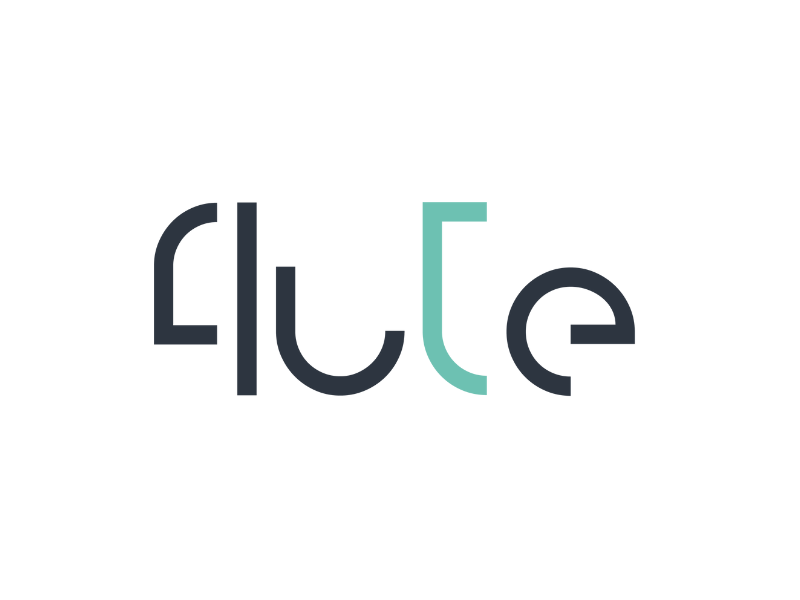
FLUTE
Shaping the Future of Prostate Cancer Diagnosis
Francesco Ghini
01 May 2023
01 May 2026
EC funded project
The FLUTE project is set to revolutionize healthcare data utilization through a privacy-preserving approach. Our project aims to improve predictions of aggressive prostate cancer through AI support to physician, while minimizing unnecessary biopsies, ultimately benefiting patients and reducing associated costs.
Why Federated Learning in Healthcare?
Federated learning represents a machine learning technique designed to train models on decentralized data, eliminating the necessity of central data collection and aggregation. This approach retains data on originating devices or servers while utilizing aggregated gradients from numerous devices to train the model.
Conventional machine learning models are typically trained on a central server where data is accumulated and examined to create predictive or pattern-identifying models. However, this strategy encounters various issues including privacy concerns, resource-intensive data requirements, and the intricacies and costs of managing centralized servers.
Why AI in Prostate Cancer?
In recent times, magnetic resonance imaging (mpMRI) has become a prevalent tool for the early detection of clinically significant Prostate Cancer (csPCa). While assessing the aggressiveness of prostate cancer predominantly relies on the traditional Gleason grading system introduced in 1974, FLUTE aims to simplify disease management, enhance prognosis precision, and enable better treatment decisions by utilizing cross-border Federated Learning (FL) to generate imaging data.
Vertical Category:
- Digital Health
- ICT
Resources for EU Research
Resources for SMEs
News & Events
Reports
Cyberwatching.eu has received funding from the European Union’s Horizon 2020 research and innovation programme under grant agreement No 740129. The content of this website does not represent the opinion of the European Commission, and the European Commission is not responsible for any use that might be made of such content. Privacy Policy | Disclaimer / Terms and Conditions of Use

